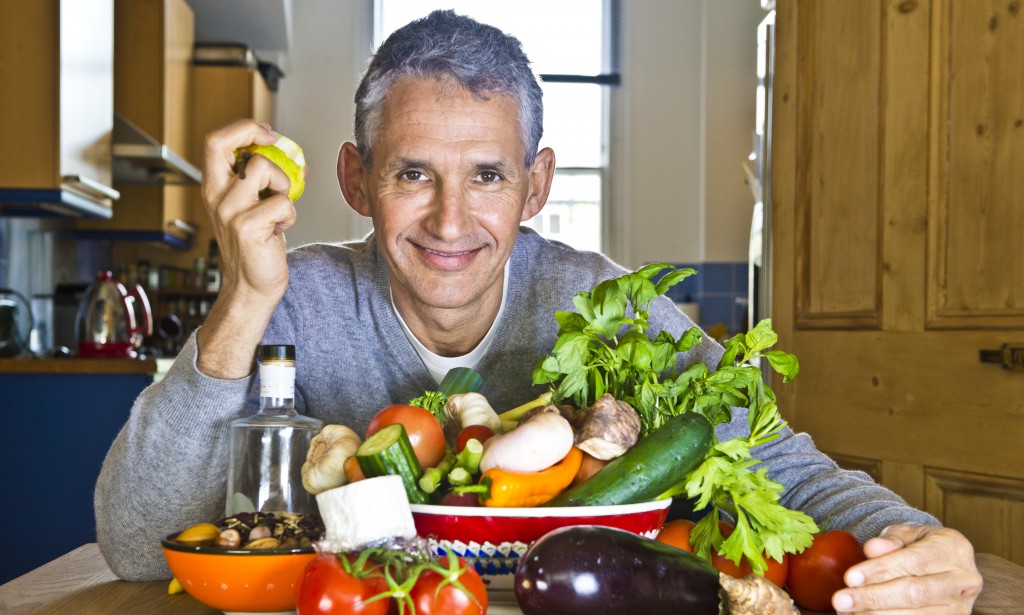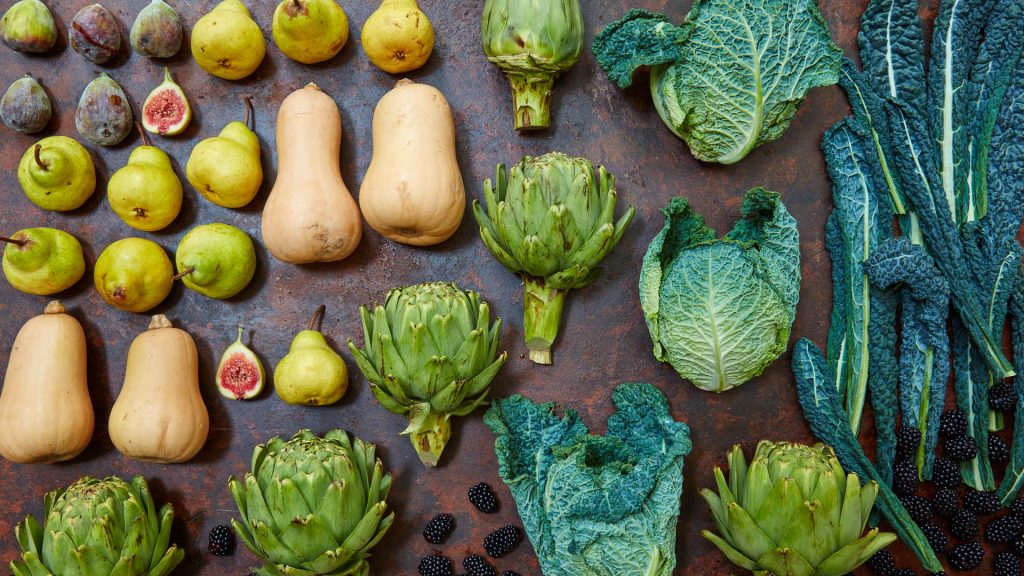Gut Health
Diet myths explained with Professor Tim Spector

There’s so much confusion about what we should be eating if we want to lose weight. We seem to be surrounded by diet myths. From keto to Atkins, Paleo to Dukan, not to mention the simple calories in vs calories out, it seems what works for one person, doesn’t for another.
So which weight loss diet is best? And why can some people eat croissants and cake every day without gaining weight, while others feel like they only look at a chocolate bar and add an unwanted pound? Is it all in our genes? Do we just need to eat less? And what should we be eating to lose weight?
According to Professor Tim Spector, a leading genetic epidemiologist at King’s College London, the truth is in our guts! In his ground-breaking book, The Diet Myth, Tim reveals that the way our bodies respond to food really is different for all of us, and it’s not because of our genes.
Are my genes to blame?
Prior to The Diet Myth’s publication, Tim was best known for starting the TwinsUK registry. The biggest adult registry of twins in the UK, TwinsUK registry helps researchers study the link between our genes and our health.

Genetic factors account for around 60% to 70% of the differences between people. Yet genes don’t account for our weight.
“Identical twins can sometimes have very different waistlines, despite having identical genes,” says Tim.
He believes that the reason we’ve got our diets so wrong is because we’ve underestimated the significance of the microbes in our guts. These gut microbes form our unique microbiome and, unlike genes, no two people have the same microbiome, not even identical twins.
“Microbes are not only essential to how we digest food, they control the calories we absorb and provide vital enzymes and vitamins, as well as keeping our immune system healthy,” he explains.
Should I just eat less?
In his book, Tim demonstrates why our current understanding of nutrition is incorrect. He explains all the evidence that shows that there’s more to the way our bodies respond to food than calories in, calories out.
“The way we react to foods, we’re understanding, is far more complex than just burning it,” he says. “And our response to exercise is different, our response to temperature is different, all kinds of extra complexities have come in to this equation and nutrition science hasn’t really kept up. Which means the guidelines haven’t kept up.”
Research into gut health and nutrition is still only in its infancy, but the potential is huge. Already there are suggestions that our microbiota may be able to explain why some people do better on some diets than others, and why the ‘eat less, exercise more’ approach doesn’t work for many people.
“Once you start to understand how [our gut microbes] operate, you realise that counting calories or having a certain amount of carbs or fats is a pretty Victorian science,” says Tim.
We have the same number of microbes in our body as we do cells – in fact there are roughly 100 trillion microbes weighing over four pounds in our gut alone.
“We’re starting to understand why a low-fat diet works for some people, while a high-fat diet is fine for some and dangerous for others,” says Tim.
“Why some people can eat plenty of carbohydrates without problems and others extract more calories from the same amount and get fatter. Why some can eat red meat happily and others contract heart disease, or even why, when old people move to a care home and their diets change, they often rapidly succumb to diseases.
“A lot of these things can be explained by our individual gut microbiomes. And if we can understand that, and we know how to treat our microbiomes well, we can start to improve our health in ways that are of a long-term benefit, rather than the short term quick fix of a starvation diet.”
What should I be eating to lose weight?
In the future, Tim hopes we can combat the confusion surrounding nutrition by developing individual nutritional guidance based on our microbes.
“That would allow us to get into the nitty gritty of what we should be eating and when,” he says. “The more data we get, the more precise those predictions are going to be.
“We may well have an app in the future that can read our microbiome and say ‘If you’re going to have potatoes, have them early morning,’ for example.”
In the meantime, research has shown there are a number of ways you can eat to keep your microbiome happy. Fibre is important as it feeds your gut bacteria, so eating plenty of wholegrain, legumes, vegetables, fruits, nuts and seeds will help.
Tim also recommends foods which contain polyphenols which he refers to as “rocket-fuel for your microbes”. And luckily these can be found in chocolate (as dark and as natural as possible) as well as berries, plums and cherries.
And increasing the number of microbes in your gut is also a great way to improve the performance of your microbiome. Introducing foods such as kefir, kombucha, kimchi, sauerkraut, sourdough and live yoghurt will help improve your gut health.
Meanwhile research continues into the impact of a range of foods on our microbiome, from organic fruit to artificial sweeteners.
Gut health – what you need to know




